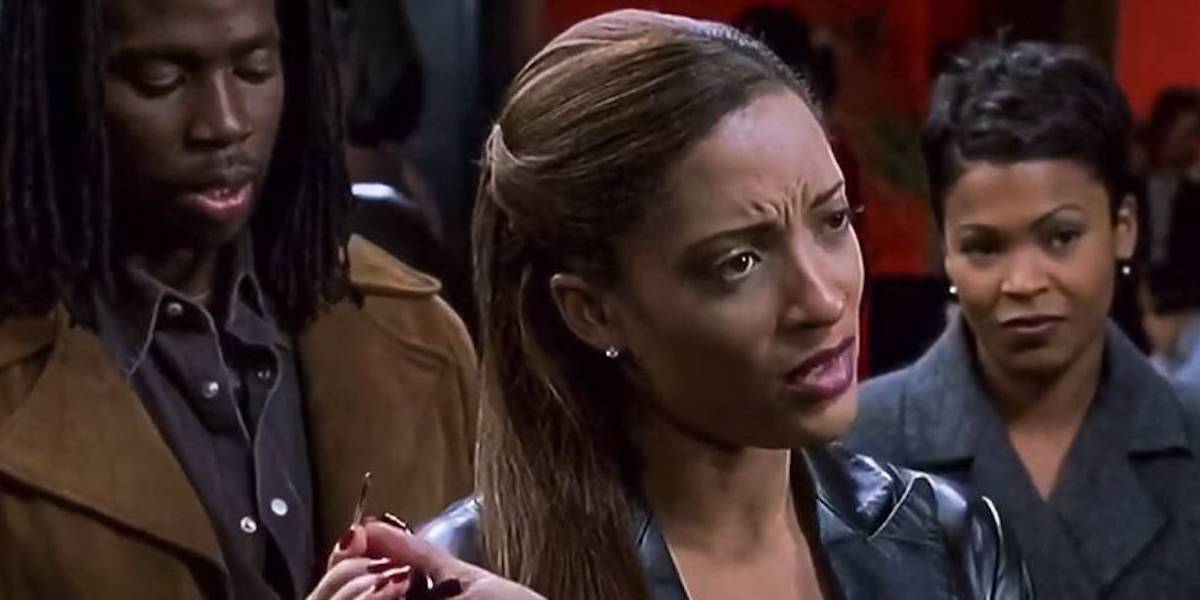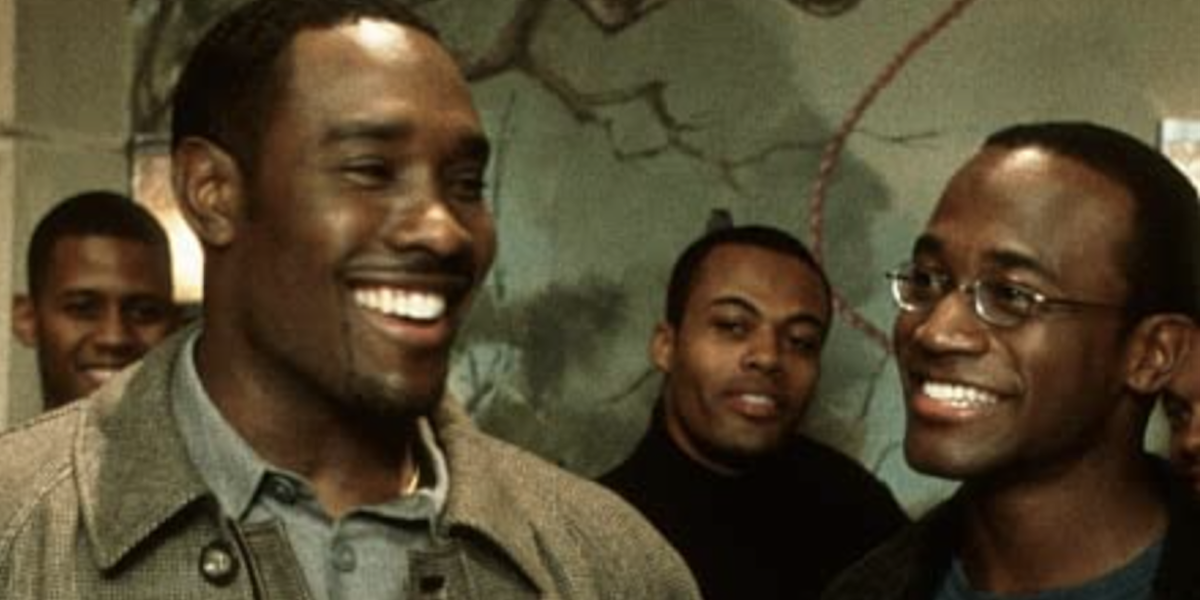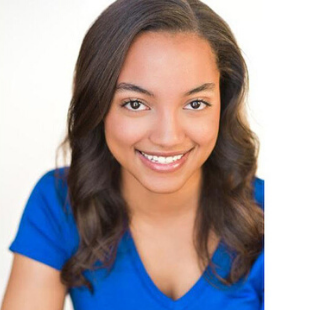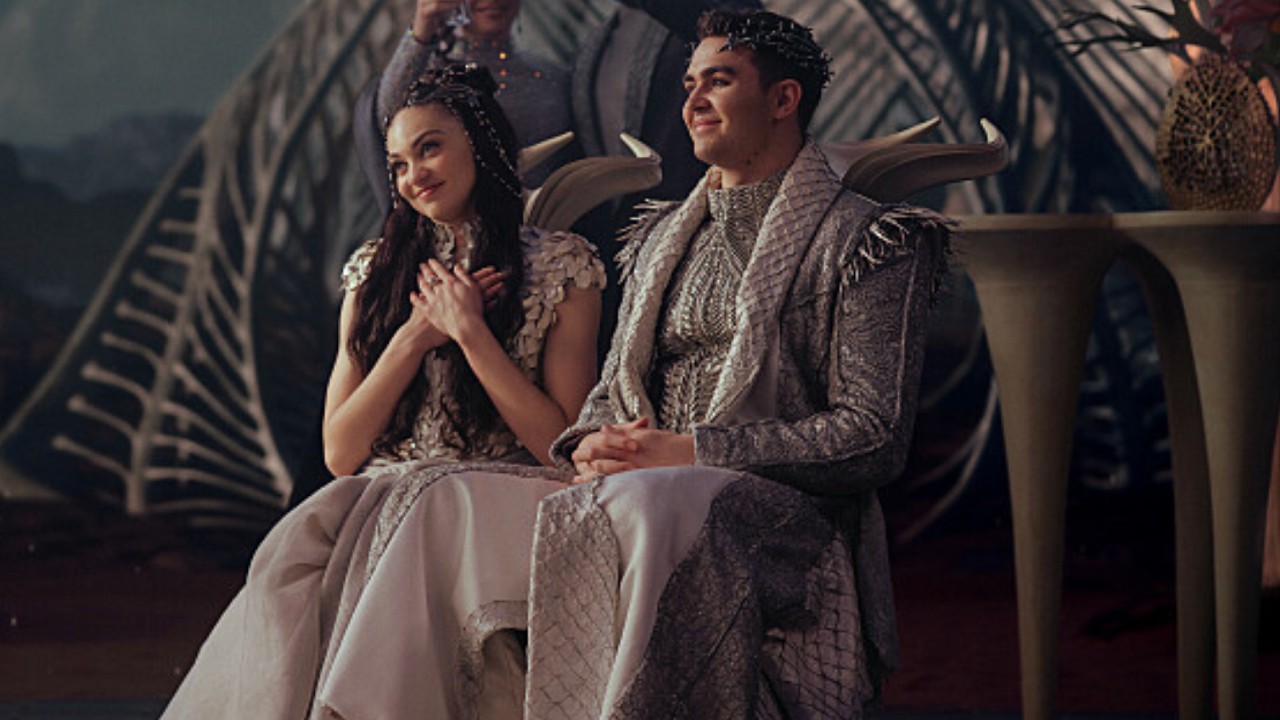The Best Man Director Malcolm D. Lee On Barriers That Still Exist For Black Filmmakers

Your Daily Blend of Entertainment News
You are now subscribed
Your newsletter sign-up was successful
When Malcolm D. Lee released his first film, The Best Man, in 1999, it was the first of its kind. We’d see Black people play the best friend, the supporting character, and the extra, but The Best Man gave us multi-dimensional Black characters as leads in a romantic comedy. Since then, representation in film and television has come a long way, but there are still some barriers that Black filmmakers face.
The cast and director of The Best Man recently reunited for the first episode of Hollywood Homecoming, a new series from the American Black Film Festival (ABFF) that pays homage to iconic films that notably showcase Black humanity. I got to sit down with Malcolm D. Lee to discuss the reunion, and he shared that he and the cast reflected on the experience of creating The Best Man and things that have changed between then and now. In his own words,
The good thing is, there's a lot of Black people working. I'm trying to hire writers and directors and producers and they're all busy. So that's a really amazing thing, bad for me, but wonderful that we're in a place right now where there's more. I mean, there's still a long way to go. I think there are still barriers that exist and I think that we need to expand beyond the American borders. Not only to provide and shoot content in other places but to expand our viewership as well.
To see so many Black people working in the entertainment industry today, and not just working but starring, leading, and making decisions is such a beautiful thing. More of this, please! Malcolm D. Lee wants the ability to expand beyond the American borders, and rightfully so. That’s definitely something the industry can work toward next.
Malcolm D. Lee also expanded upon getting recognition as a Black filmmaker and made some very interesting points. Ultimately, all creators want to be proud of the work they create, but it’s hard to resist wanting recognition from others as well. Here’s what the director told CinemaBlend:
Something like the Academy Awards, the SAG Awards, the Golden Globes, these are all predominantly not us in those voting blocks. Even when I was in film school, the stories that I was trying to tell weren't necessarily validated by my professors because that wasn't their experience... But they don't always see us that way and we have to stop, and I'm guilty of this myself, wanting that validation. When you've gotten an Image Award, that's just as validating to me.
It sounds like learning to stop wanting that validation is a work in progress, but doable. The example Malcolm D. Lee provided about film school professors not relating to his stories is a great one to pause and reflect on. We all have our own worldview and experience to draw from which is what makes us beautiful and unique.
While we should always acknowledge the work that has been done, we also need to acknowledge the work left to do. Malcolm D. Lee has the best attitude moving forward in that his main priority is to make the best product he can. He mentioned financial limitations when it comes to anything that may be against a film, such as the subject matter, having stars in it, etc. along with reiterating his previously mentioned goal of trying more things overseas. His conclusion:
At this point, I can't worry about awards and what they think is great. It'd be great to have that recognition, but you can't really aim for that, necessarily. You’ve just got to try to make the best product that you can. The more things that are against it being a four-quadrant global movie, the less money you're going to get to it. You just gotta keep making the best product you can make.
Seeing that his very first film was a roaring success, it’s not hard to believe Malcolm D. Lee will continue expanding his viewership and try new audiences. His positive attitude and demeanor and the barriers he faces as a Black filmmaker makes him a role model to all of us. Have the conversations, create change when and were you can, and always make the best product you possibly can.
Your Daily Blend of Entertainment News
Obsessed with Hamilton and most things Disney. Gets too attached to TV show characters. Loves a good thriller, but will only tolerate so much blood.


